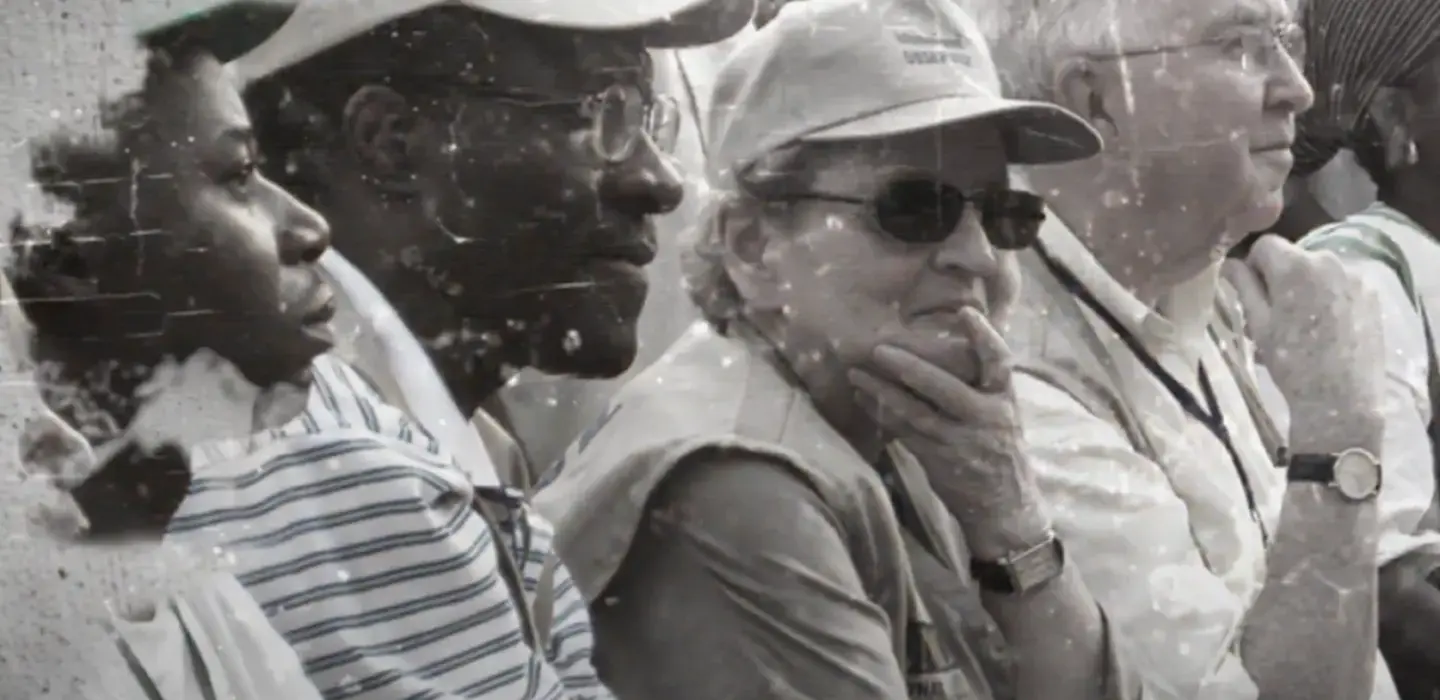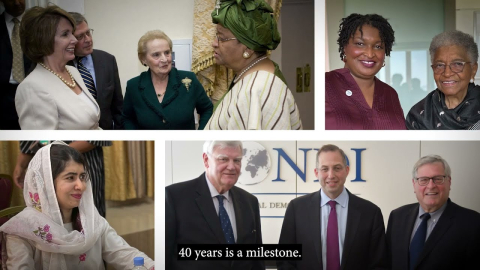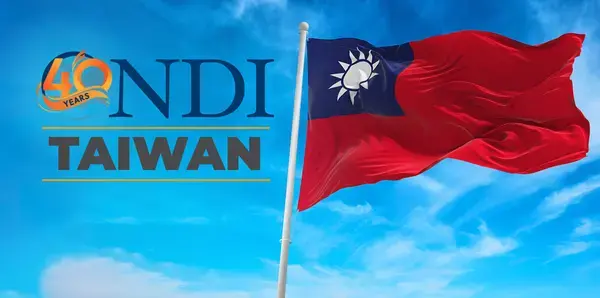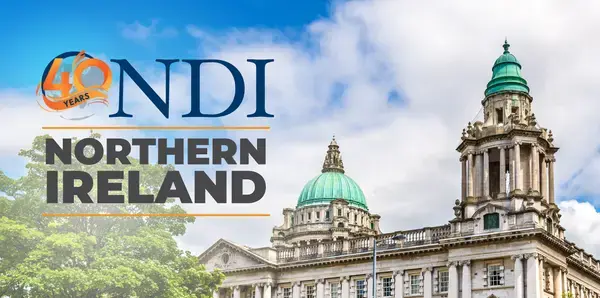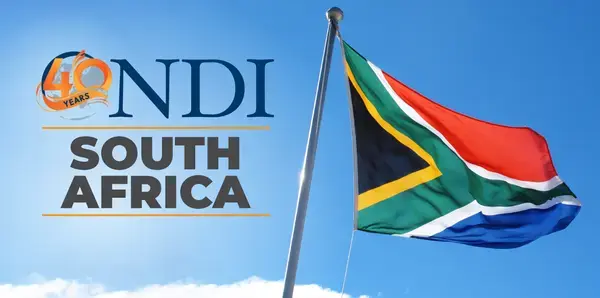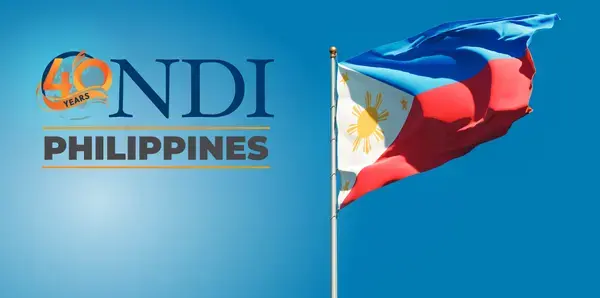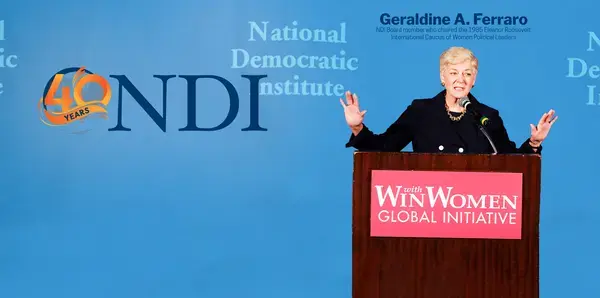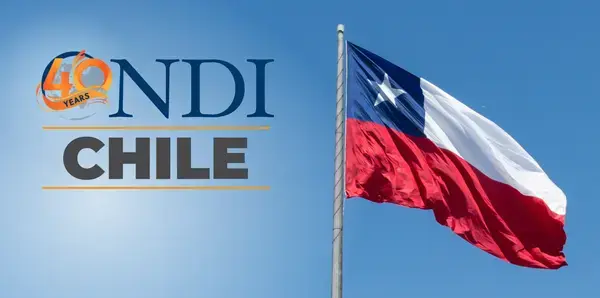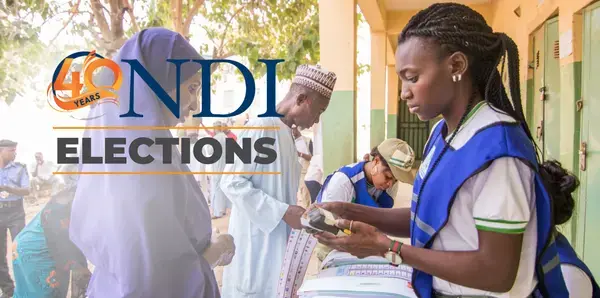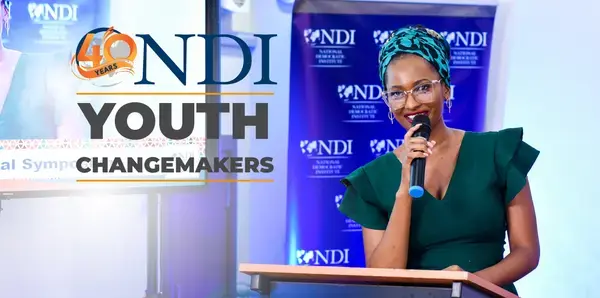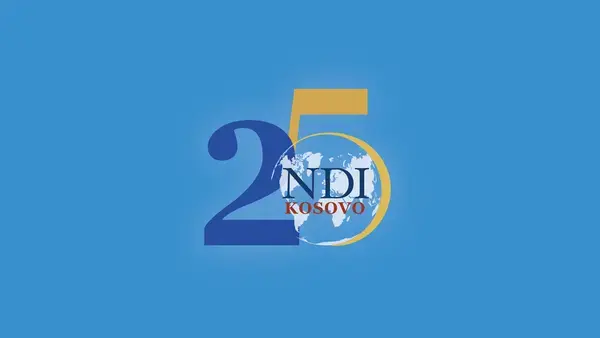Celebrating 40 Years of NDI
This year marks the 40th Anniversary of NDI's founding.
NDI promoted democratic reform in the Philippines and Chile in the 1980s; in Eastern Europe after the fall of the Berlin Wall; and across Africa, Asia and Latin America in the 1990s following the end of the Cold War. Throughout the 2000s, we have promoted the political leadership of women, youth and marginalized communities, information integrity, open government and environmental resilience.
